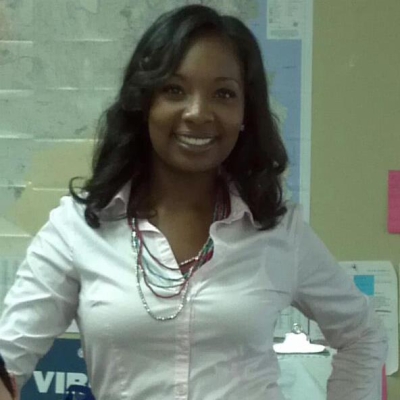When it comes to what constitutes a superb education in America, the general public and teachers have vastly different views, say Peterson, Henderson, and West in this book, a compilation of research reported originally in Education Next. Surveys fielded by over 5,000 teachers and members of the general public (2007–13) conclude that, overall, teachers and the public disagree most on issues pertaining to tenure, pensions, union efficacy, charter schools, school vouchers, and standardized testing. The authors also found that when a member of the general public was informed that their local school district’s national ranking was low, the teacher-public divide deepened. While teacher opinion doesn’t change when given new information, the public grew eager to support universal school vouchers, charter schools, and parent-trigger laws. The book meticulously underscores the striking way in which education is viewed through the scattered, often fluctuating lenses of the general public and solid stance of teachers. In the end, the authors conclude that in education, the public and teachers are more divided than Democrats and Republicans, young and old, rich and poor, and white and disadvantaged minorities. As a teacher—and one who does not consider herself to be “versus the public”—I agree that bridging the divide is key.
SOURCE: Paul E. Peterson, Michael Henderson, and Martin R. West, Teachers versus the Public: What Americans Think about Schools and How to Fix Them (Washington, D.C.: Brookings Institution Press, April 2014).
